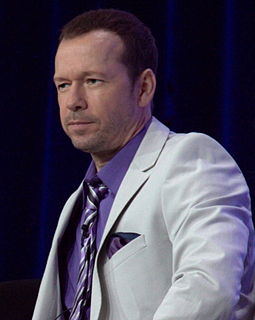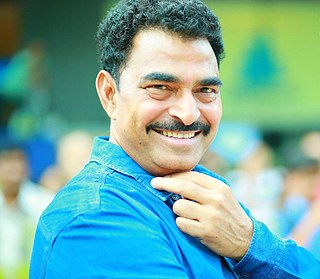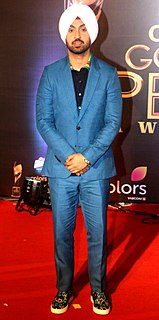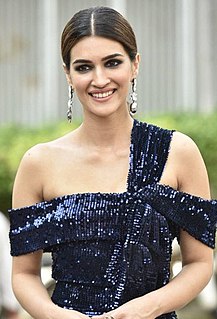A Quote by Donnie Wahlberg
Tobin Bell wasn't obligated to do the second Saw film but he wanted to. I think they brought me into this film because there's a first time director, and my reputation is one of an actor who's there for the betterment of the project. I'm not there to better myself. I'm there to bring all my resources to the project to make it as good as it can be. In the end, that makes everyone look good.
Related Quotes
Me and Kirby are very collaborative and it changes from film to film. The first project we worked on together, Derrida, we co-directed. The last film Outrage, I was the producer and he was the director. This film was much more of a collaboration - he is the director and I am the producer - but this is a film by both of us.
With a good script a good director can produce a masterpiece; with the same script a mediocre director can make a passable film. But with a bad script even a good director can’t possibly make a good film. For truly cinematic expression, the camera and the microphone must be able to cross both fire and water. That is what makes a real movie. The script must be something that has the power to do this.
First, there has been a lot of interest in The Drive-in, but, alas, it hasn't actually come to fruition. Maybe soon. Don really got Bubba and I didn't think it could be a film. I thought it was too odd to make it to film. He asked me to do the screenplay, but I declined. I didn't see that it could be a screenplay but he wrote one and proved me wrong. He was always considerate about what I thought about the film and the story's presentation, but in the end, he's the director and he had to make decisions. All good ones.
In 1982 I bought the newly released Makina Plaubel 55mm fixed-lens camera. With this shift from 35mm to 6 x 7, I also changed from black and white to color. Later that year, I started my project on New Brighton called The Last Resort. However, the first project I shot in colour was composed of urban scenes from Liverpool. This image was on the second roll of film. It's the first good photo I made in this new chapter of my work.
As a director, I have to feel realism from actors, and they can't be plastic. The words for me are secondary, but the chemistry between the actors is most important. However, you have to go by the script because it's related to production, otherwise you will not finish your project. My background are acting, film production, directing, and I studied them for many years. Keep in mind that you need many other skills when you are starting any film project related to real life.
With a director it's all about the work; I'd work with a great director over - you know, I'm not the kind of actor who that doesn't go, 'I want to play this role.' It's more like, 'I want to work with this director,' regardless of what the role is because if it's a good director, you'll probably find a good role because it's a decent film. But a mediocre director will always make a mediocre movie.




































